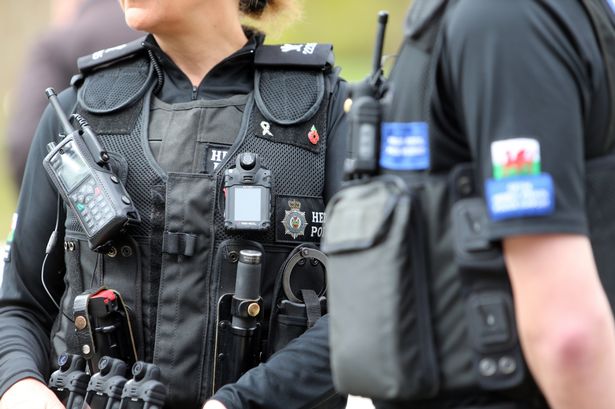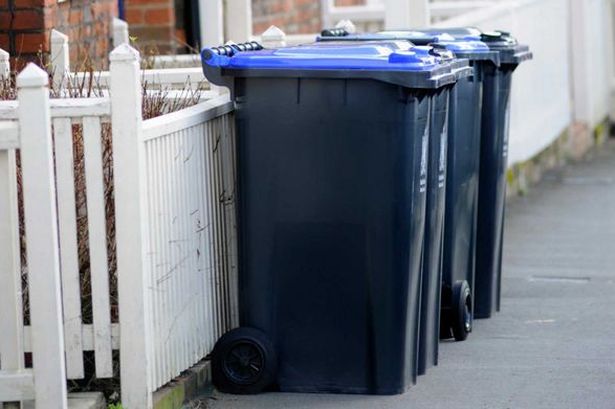GP warns surgeries in 'perfect storm' as they struggle to cope with cuts and recruitment

A locum GP who has worked across Wales warns that local surgeries under huge strain as they struggle to cope with funding cuts and recruitment woes.
Sophie Quinney, of the group GP Survival, said the days of small local surgeries could be numbered.
She said doctors and patients face having to get used to new ways of dealing with health problems.
GPs’ surgery ‘refused to help OAP lying outside injured on street’
Dr Quinney said: “Local surgeries are caught up in the perfect storm of years of funding cuts, a national shortage of GPs, and unprecedented demand.
“For those on a knife-edge, it only takes a GP retirement to push them into the red; and if unable to recruit, this can lead ultimately to closure.”
Recently the Plas Meddyg surgery in Ruthin hit the headlines where patients have been told that anyone needing a prescription can only now get one by e-mail or text or by calling in person.
One long-term patient told the Daily Post the surgery discriminated against elderly people for whom their “landline was their lifeline”.
What you say about GP surgery that ‘refused to help OAP lying outside injured on street’
And in some cases, when patients have turned up at the surgery looking for help, they have been told appointments can only be made by phone.
But Dr Quinney said these were not unique situations and they were going to become more common.
She said: ”There is nothing unique about Meddyg. This is going on all over the country. Surgeries are under such extreme pressure that they have no choice but to find new ways of booking appointments and safely prioritize need.
“This can mean introducing triaging and booking systems that are neither popular with staff nor patients, but often there is simply no viable alternative, or those alternatives have been tried and thrown the whole system into meltdown.”
New report backs calls for North Wales medical school
She add the time had come for an open dialogue with the public about the reality of the situation and that GPs must take the lead.
Dr Quinney said: “If we want to keep our local surgeries open and see them thrive again, we all need to be braver and more outspoken.
“GPs are so inundated that they risk cutting themselves off. If patients better understood the threats their local surgery face, then they are collectively a more powerful voice to defend it.”





